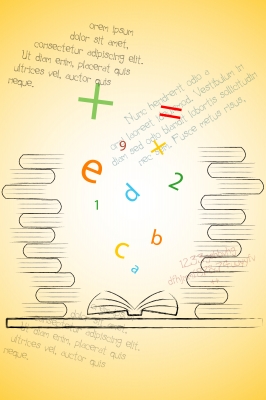On Wisdom…
Wisdom is an ancient concept, proven hard to define. But one thing is certain: people recognize it when they see it. How often have you thought: “I need some advice on this matter, let me talk to so-and-so, s/he’s got a lot of wisdom”…
We define wisdom as: “a rich and deep understanding and knowledge of life, people, and yourself gained through deep reflection and learning from experiences. Having sound judgment and perception, and the ability to put things in their proper perspective. An awareness of your own and others’ emotional states, an ability to regulate emotions, have a sense of humor, and humility stemming from self-knowledge. The ability to act based on all of the above.”
Wisdom is about exceptional insight, judgment, perception, and discernment. These attributes are especially needed in situations involving certain amounts of complexity, uncertainty, conflict, etc… Wisdom involves the integration of multiple interests, adaptation to requirements of people as well as the understanding of the environment and context within which they operate. It involves assimilation and making sense of ambiguity, reading between the lines, picking up patterns, and understanding underlying motives and processes. It is about embracing challenges and uncertainty and working with them rather than against them. It is an application and integration of emotions, knowledge, and behavior. This naturally gets translated into behaviors that reflect a person’s level of wisdom.
Stemming from deep understanding, self-awareness, other-awareness, and reflection that allow a person to really be able to see things from different/multiple perspectives, wisdom often comes from learning from one’s own and others’ experience. It is often associated with – but certainly not confined to – older age. To elaborate, old age does not necessarily imply wisdom, and neither does young age imply a lack thereof. A lifetime of experiences coupled with a desire to learn, openness to change, and such attributes and attitudes, breeds wisdom. Old age, where one’s life is characterized by recklessness, immaturity, a lack of openness, narrow-mindedness, and excessive pride and selfishness, certainly does not lead to wisdom. Quite the opposite, one must add. On the other hand, young age may be characterized by a lack of maturity, but very often young people with open minds, continuously passing through a wide range of experiences with a deep desire for learning and development, show signs of wisdom and maturity beyond their age.
Wisdom is reflected by other-centeredness, by altruism, by a vision and mission that give a deeper meaning to one’s life, in connection with the wider environment. People who have wisdom are often characterized by resilience, by emotional stability, regulation, and maturity, by a sense of peace, well-being, acceptance, and non-attachment (meaning that they tend not to get too attached to material things). They tend to have an attitude of gratitude, humor, curiosity, humility, integrity, compassion, and courage.
Most importantly, wisdom is about serving the common good. People who have wisdom think and operate beyond and above their personal interests. They strive towards achieving balance by being proactive in shaping their environments. Their self-understanding allows them to understand their place in the grand scheme of things.
People who don’t have wisdom tend to struggle with life’s challenges, finding it hard to deal with complexity and ambiguity that come their way. They tend to be quick to blame others, misinterpret behaviors, intentions, and attitudes, and tend to be limited and one-dimensional in their worldviews, unable to see things from different perspectives. Finally, and most importantly, they tend to view and interpret life in terms of themselves and their immediate surroundings, unconcerned with what lies beyond.
We believe that wisdom is a rare quality that can be learnt. Through cognitive, social, emotional, and behavioral development, people move towards wisdom, but only when they are motivated by a desire for learning and knowledge, and the desire to become better people concerned with the higher good, with morality, and ethical behavior, as well as their effects on the wider community. Through this process of self-development, people embark on the road to wisdom.
Finally, wisdom helps align intelligence, knowledge, skills, and spirituality with values and morality. Wisdom is what puts information, knowledge, intelligence, skills, and spirituality to good use, i.e. beyond the self. Wisdom is about making things right, not just getting things done. In summary, wisdom is what integrates and takes all attributes and qualities to a higher level, making better human beings, contributing to a better world.

